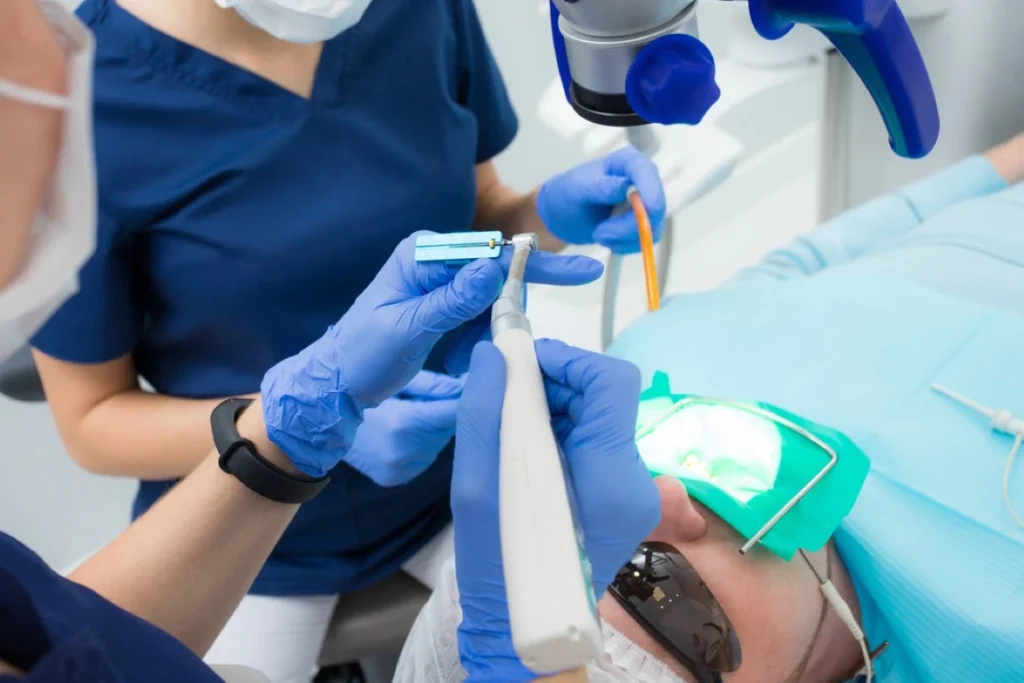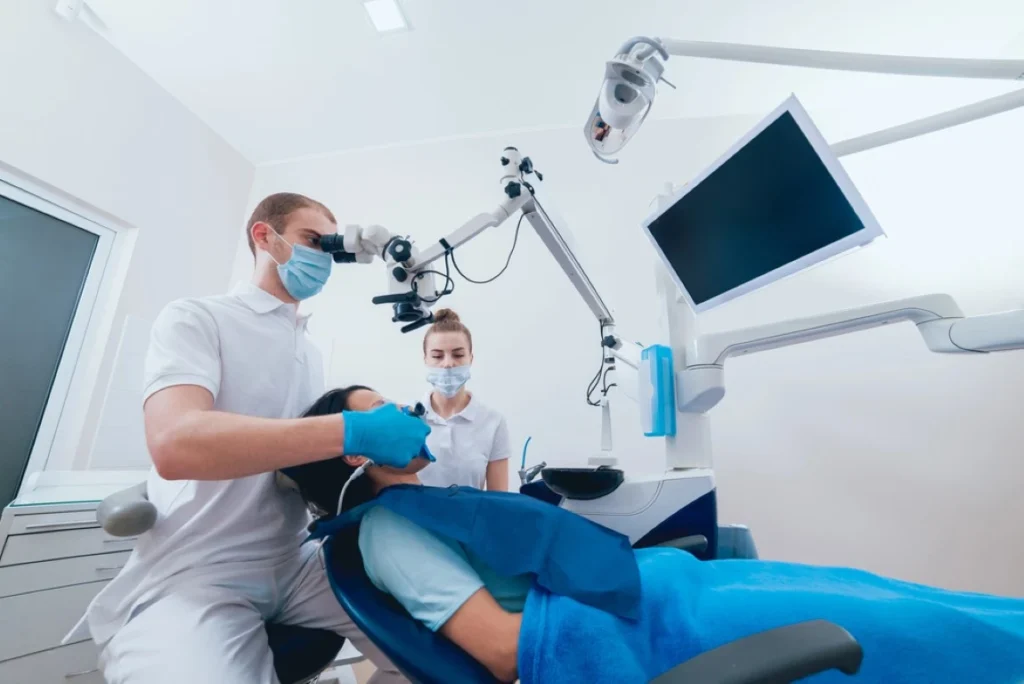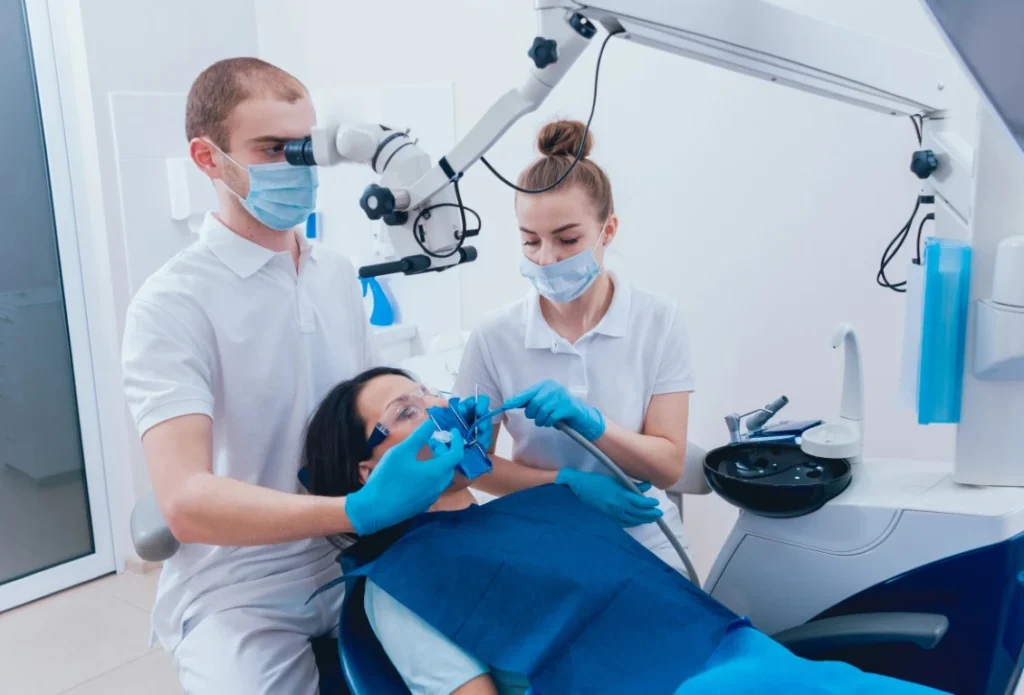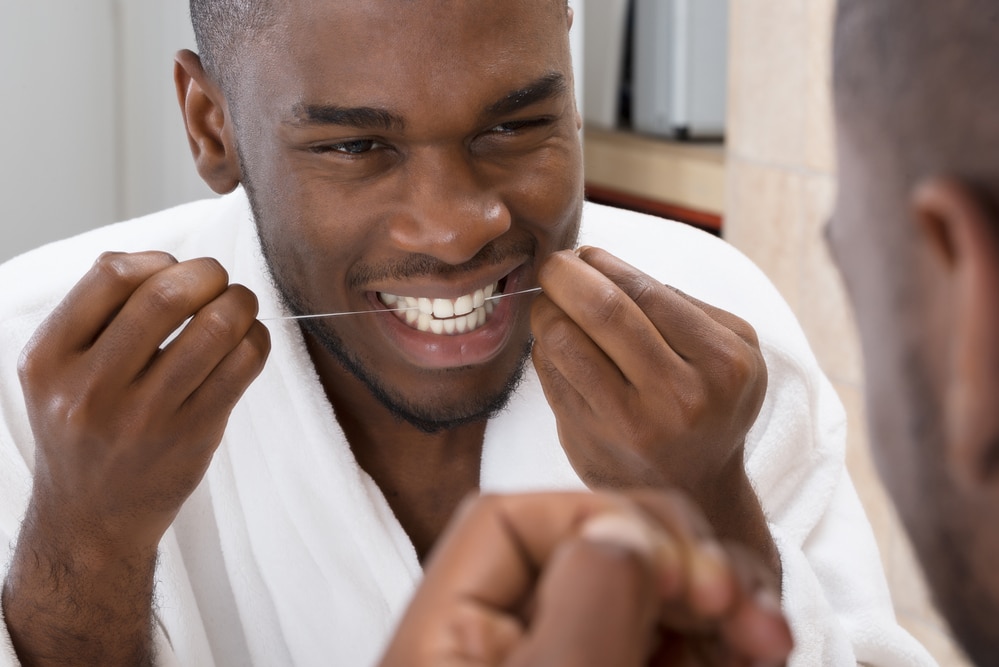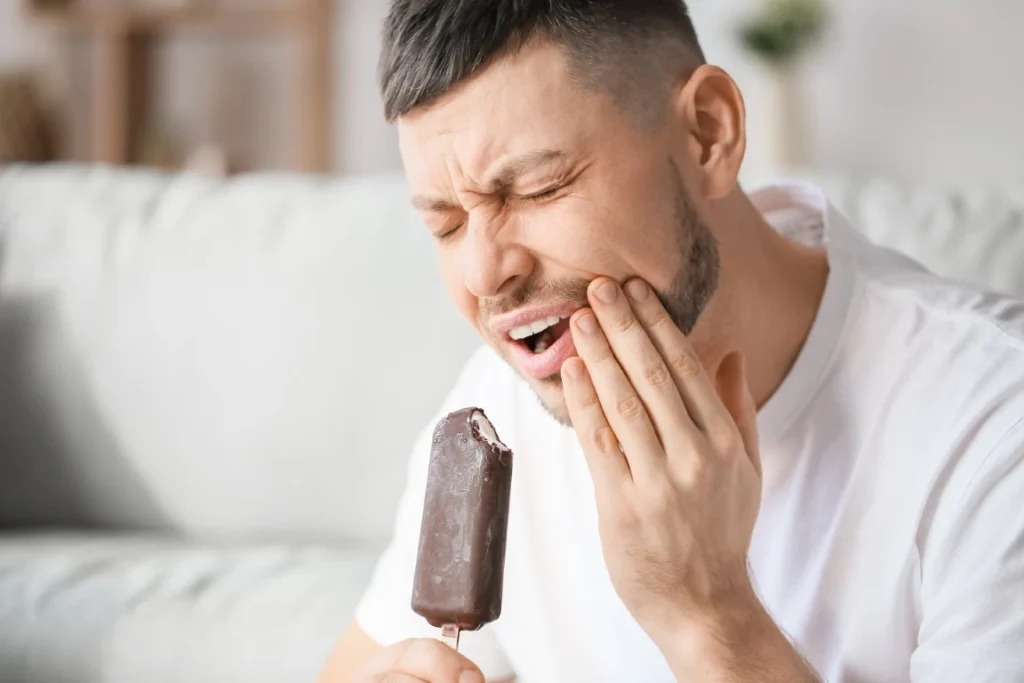
Cracked teeth are common dental issues that can lead to significant pain and dental problems if left untreated. Whether this injury is caused by an injury, tooth grinding, or biting down on something hard, a crack in your tooth may not always be visible, making it difficult to seek appropriate treatment. However, there are several signs you may have a cracked tooth that you should look out for if you’re experiencing dental pains and problems.
At David G. Johnson, DDS., we understand that a cracked tooth can have a significant impact on your day-to-day life. But, if you can’t see the crack in your tooth, you might not realize that you need treatment until the pain becomes unbearable. If you have been dealing with dental pain and you suspect it may be caused by a crack, keep reading to learn the signs you should look out for.
How to Prevent Cracked Teeth
While not all cracked teeth are preventable, there are a few things you can do to protect yourself from developing this dental problem from occurring. Some of the easiest ways to prevent cracked teeth include:
- Avoid Chewing Hard Items: While you may enjoy chewing on ice or snacking on hard nuts, these can be incredibly aggressive on your teeth. If you continue to chew on these for months or years on end, this may result in a cracked tooth. If you want to keep your teeth safe, it is best to stay away from ice, hard candies, nuts, and other hard objects that may cause these cracks.
- Wear a Mouth Guard: If you play contact sports, you probably wear a lot of gear to keep your body safe. However, you may not think about the importance of wearing gear to keep your teeth safe as well. A mouth guard protects your teeth from direct impact during hits while playing contact sports, making them essential if you want to avoid developing a cracked tooth.
- Visit Your Dentist Regularly: Sometimes the cracks in your teeth start out incredibly minor, making regular trips to your dentist essential. During your twice-yearly dental appointments, your dental team can catch minute cracks before they become more significant, helping you avoid substantial pain and impact on your daily activities.

Signs You Have a Cracked Tooth
1. Sharp Pain When Biting
One of the clearest signs that you have a cracked tooth is experiencing a sharp pain when biting down. This pain may come and go, but it often occurs when the crack is being compressed by the surrounding teeth. If you notice this type of pain, it might be a good idea to reach out to a trusted endodontist for support.
2. Temperature Sensitivity
If you experience sensitivity to hot or cold foods and drinks, it could be due to a crack in your tooth. This sensitivity happens when the crack exposes the inner layers of your tooth, also known as the dentin, which are more sensitive to temperature changes.
3. Swollen Gums
If you weren’t dealing with this ailment before, swollen gums near the affected tooth can be a sign of a cracked tooth. The crack can irritate the surrounding gums, causing inflammation. In some cases, you might even notice a small bump on the gums, which could indicate an infection.
4. Discomfort When Chewing
Discomfort or a feeling of uneven pressure when chewing might indicate a crack in your tooth. You might also notice that certain foods, especially extremely hot or cold foods, cause more discomfort than others, depending on how the crack affects your bite.
5. Intermittent Pain
Unlike a cavity, which often causes constant pain, a cracked tooth might only cause pain intermittently. This can make it difficult to pinpoint the exact location of the crack. If you notice pain that comes and goes, particularly when eating, you should seek dental care.

6. Visible Cracks
Sometimes, you might be able to see the crack in your tooth, especially if it’s on a front tooth. However, many cracks are not visible to the naked eye and can only be detected by a dentist using special tools or X-rays.
What to do If You Have Cracked Teeth
If you believe you may have a cracked tooth, it is important that you act quickly to address this problem and prevent further injury. Here are some steps you should take following the crack of a tooth:
- Schedule an Appointment with Your Endodontist: As soon as you suspect you have a cracked tooth, reach out to your endodontist to schedule an appointment. They can perform X-rays and determine the appropriate treatment.
- Avoid Chewing on the Affected Side: Chewing on the side of your mouth with a crack can cause even more pain and damage than you had already experienced. It is best to avoid this side of your mouth until you can get treatment.
- Use Over-the-Counter Pain Medication: Until you can get into your endodontist’s office for an appointment, use over-the-counter pain medication to alleviate the discomfort you are experiencing and address tissue swelling.
- Apply a Cold Compress: In addition to using over-the-counter pain medications, you may also want to use a cold compress on the area. This can cool the affected tissue and help to reduce any swelling you’re experiencing.
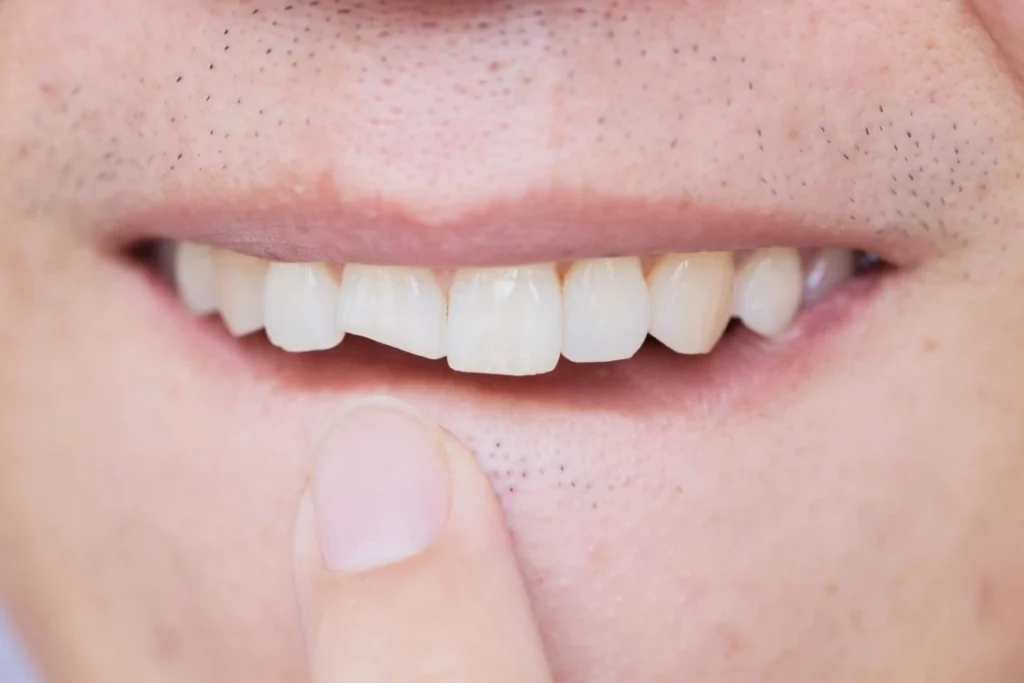
Caring for a Cracked Tooth in Northern Utah
The most important part of caring for a cracked tooth is working with a reliable endodontic team/ If you are dealing with a cracked tooth in the Northern Utah area, turn to our team at David G. Johnson, DDS., for support. With years of experience addressing cracked teeth and more, our team is here to help you every step of the way. If you would like to schedule an appointment to address cracked teeth or if you have any questions for our team, don’t hesitate to contact us today at our Layton or Centerville location.



